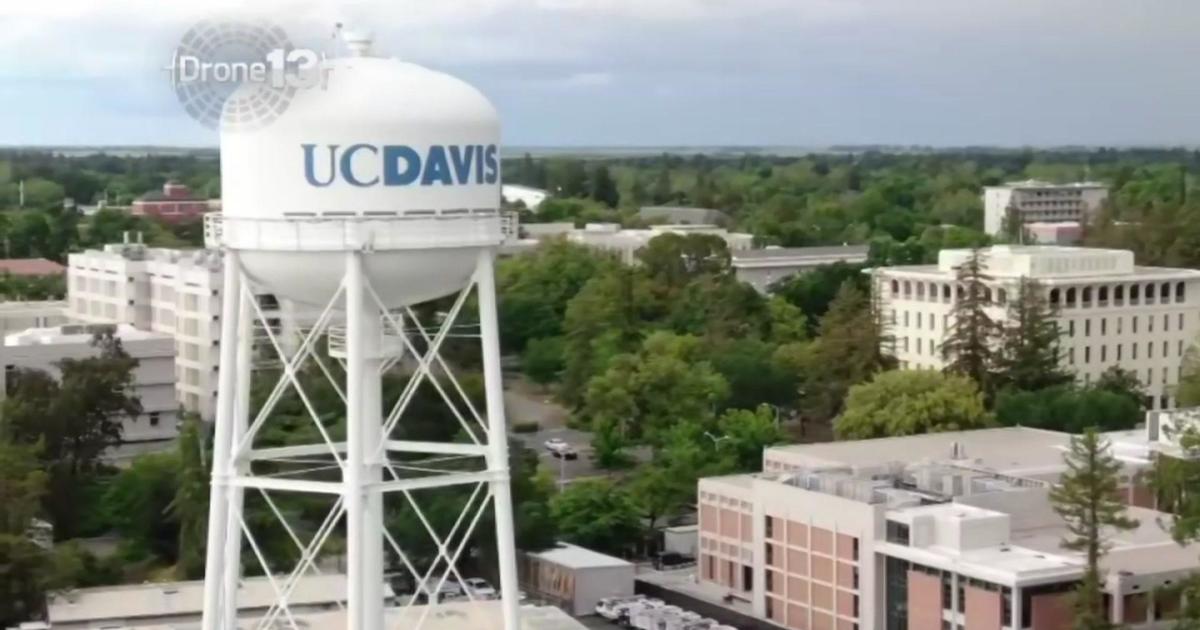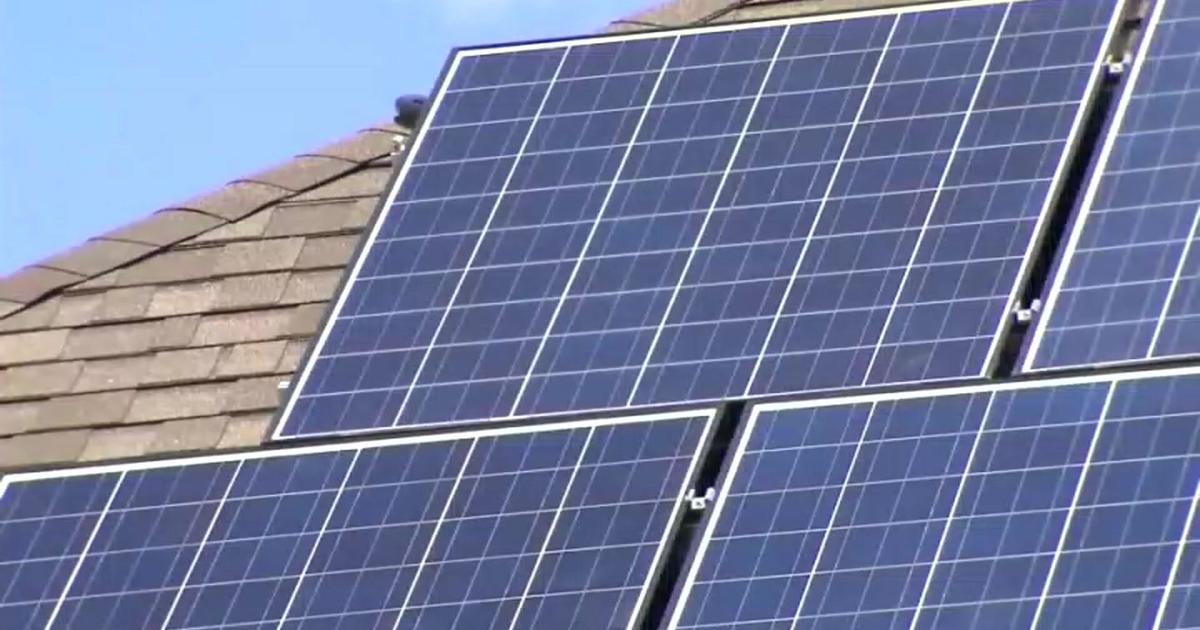Seaweed Solution? Researchers Find Underwater Plant Could Help Fight Climate Change When Consumed By Livestock
SACRAMENTO (CBS13) – Unlocking a new weapon in the fight against climate change – by snacking on seaweed?
No, humans don't need to do the nibbling. Instead, new research shows livestock lunching on the underwater plant can dramatically lower the harmful levels of methane released by cows.
An unusual snack for cows is packing an unexpected and powerful punch to cut greenhouse gas emissions.
"It's like a sprinkling of cilantro," said Joan Sawen, CEO of Blue Ocean Barns. "It's just almost like a spice or an additive."
That "spice" is Asparagopsis taxiformis – a red seaweed found in tropical waters. Researchers at UC Davis have been using it to solve a nagging problem.
"In the U.S. in general, about 10% of methane emissions is from agriculture and about 4% is from livestock," said Prof. Ermias Kebreab, associate dean for Global Engagement, College of Agricultural and Environmental Sciences.
Methane is the second-largest contributor to climate change after carbon dioxide. So what exactly is the cow-methane connection?
Chemical reactions in their stomach force cows to pass the problematic gas. But a new study by UC Davis shows adding just one-to-two ounces of seaweed to their feed over five months, can rein in a huge source of that planet-warming pollution.
"When we went to the feedlot sort of diet, we saw over 80% reduction in methane emissions," Kebreab said.
The study also found the taste and quality of the meat and milk didn't suffer, but the promising results come with one big problem: There isn't enough seaweed to go around.
"Cultivation has been the biggest question mark and stumbling block and it actually is in our grasp. And that is so exciting," Salwen said.
It's exciting for companies like Blue Ocean Barns that are now developing a way to farm it for mass production.
"We can, by the end of 2022, feed 10,000 head of cattle. And by the end of 2025, can feed nearly all of the dairy cattle in the United States. By 2030, nearly all the cattle in the U.S. will be able to eat this seaweed," Salwen said.
As for the cost to farmers? That's still unclear, but with a number of climate-related goals set in motion by state lawmakers, experts predict there could be some tax credits and other incentives offered for using it.
"This allows them a way to be climate heroes and to do their part and provide an important service in terms of providing nutrition but also being really in the lead in making the climate cool," Salwen said.



